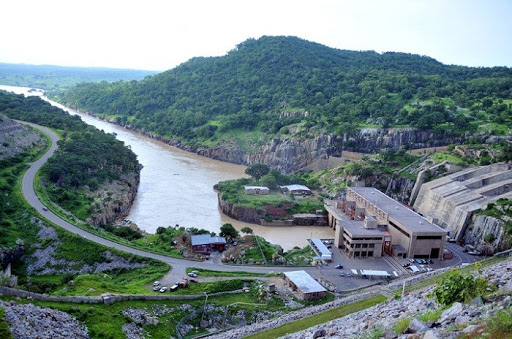Zim to engage Zambia over Botoka project
Energy and Power Development Minister, Zhemu Soda, says Government will engage Zambia over Batoka hydroelectric project after the latter announced it was pulling out of the multi-billion dollar project.
“We have leant through the media that our partner in the project is pulling out,” said Soda in an interview.
“We are going to engage Zambia to get the official position because, under normal circumstances, such an announcement should have come from the Zimbabwe River Authority.”
The Zambezi River Authority, an agency jointly owned by Zimbabwe and Zambia contracted General Electric and PowerChina to build the power plant at Batoka Gorge at costs of US$5 billion.
According to Zambia’s Energy Minister, Peter Kamala, proper procurement methods weren’t followed when the deal was struck, leading to Zambia abandoning the deal.
“We are disengaging from that contract and we hope to re-advertise it and revisit everything that was agreed to before,” said Kapala. “Mainly, it was because of the cost, it was just too much.”
Kapala also said the “latest information is that the hydrology of Zambezi might not favour the establishment of a 2,400-megawatt hydro-plant.”
It is this decision that Zimbabwe argued needed consultation with parties to the deal, the Zimbabwe River Authority included before the announcement was made.
Added Kapala: “We could reach that if maybe we do a hybrid of solar and hydro itself, but the indications are that we could be looking at far much less than the 2,400, it could be maybe even 1,000 megawatts.”
Recently Zimbabwe Electricity Supply Authority (Zesa) executive chairman, Dr Sydney Gata while addressing journalists in Hwange, said Batoka project had capacity to produce 2400 megawatts at peak and would drop to 900 megawatts off peak.
Zimbabwe and Zambia generate electricity at Kariba Dam, but production has often been disrupted as a result of low water shortages.
GE and PowerChina won the tender to build the power plant ahead of Salini Impregilo of Italy, a joint venture of Chinese firms Three Gorges Corporation, China International, Water Electric Corporation and China Gezhouba Group Company Ltd.
The project was to be implemented under a Build-Operate-Transfer financing model.
Harnessing the Zambezi River that separates Zimbabwe and Zambia, the 2 400-megawatt station — if realised — would reduce persistent power shortages stifling the economic growth of the two nations.
Construction of the 181-meter dam wall and power plants at Batoka Gorge had been expected to start three years ago.-ebusinessweekly











